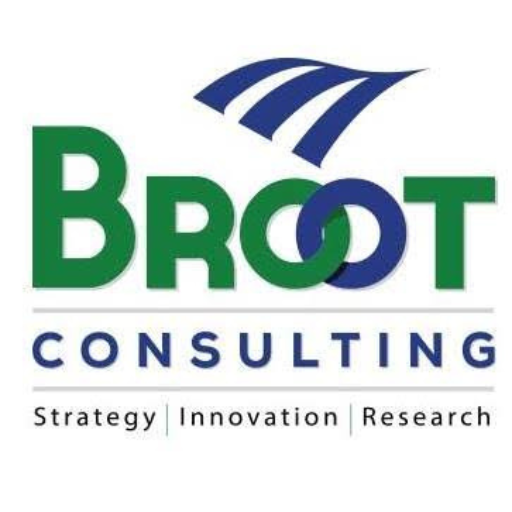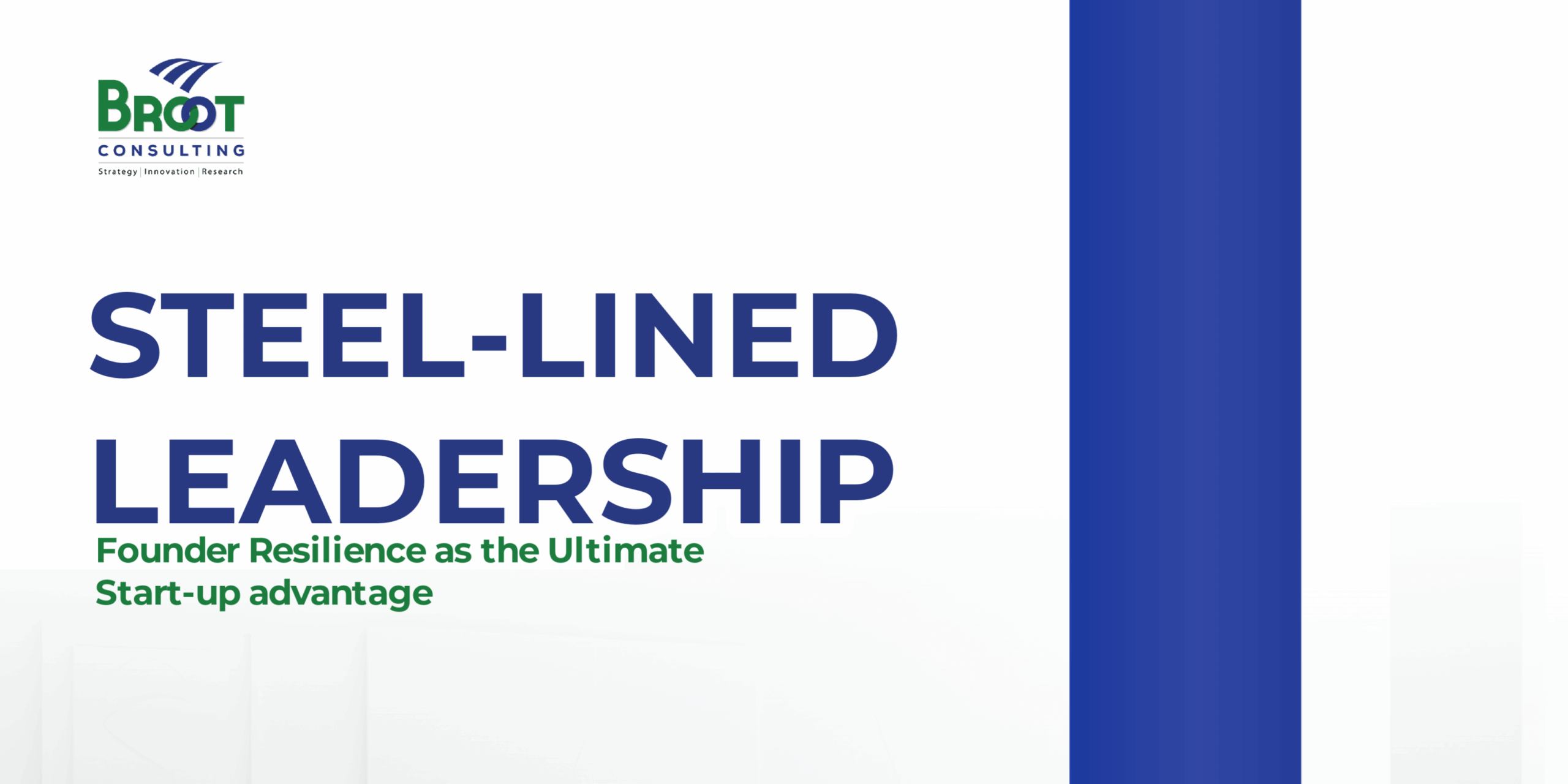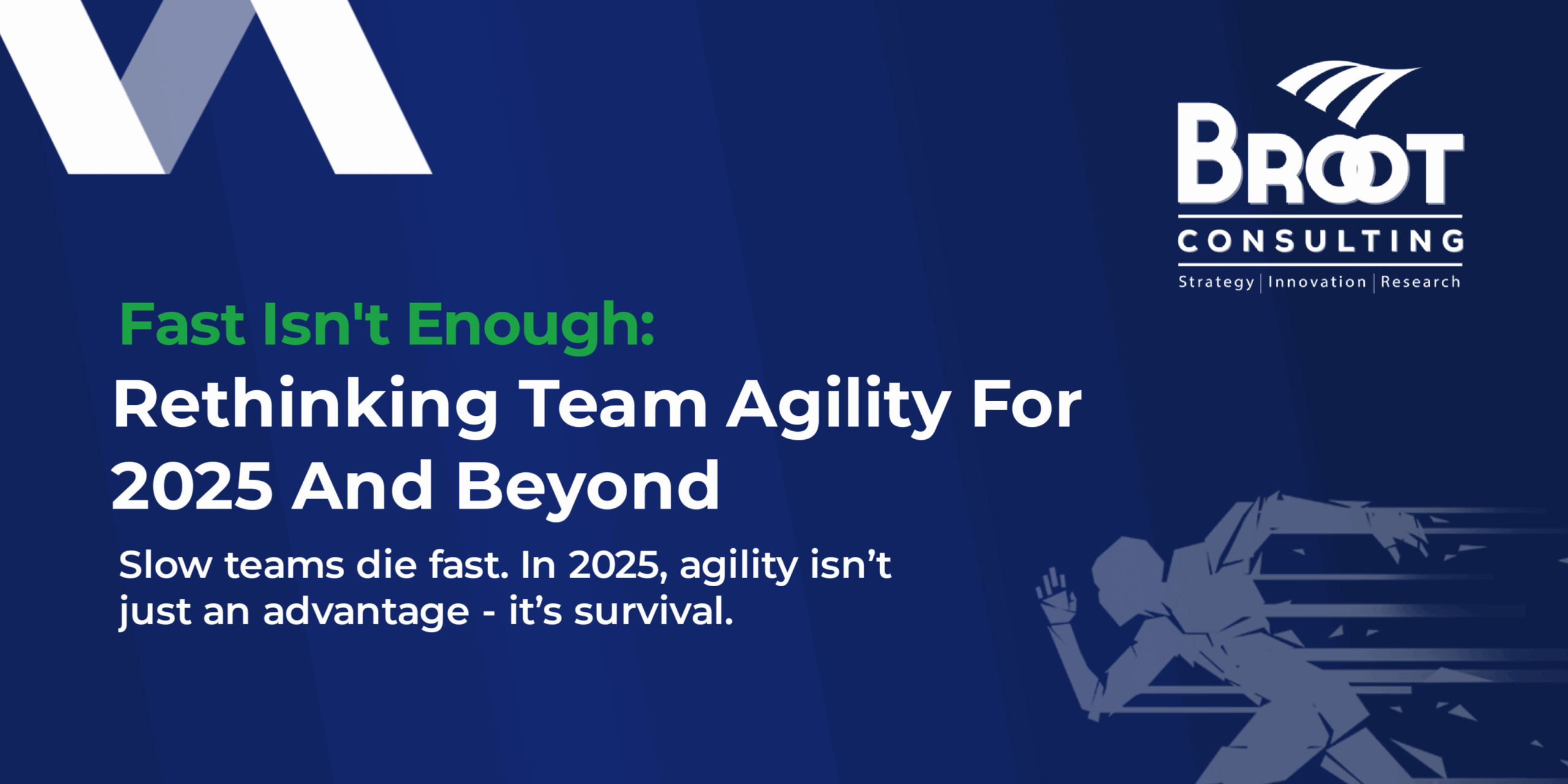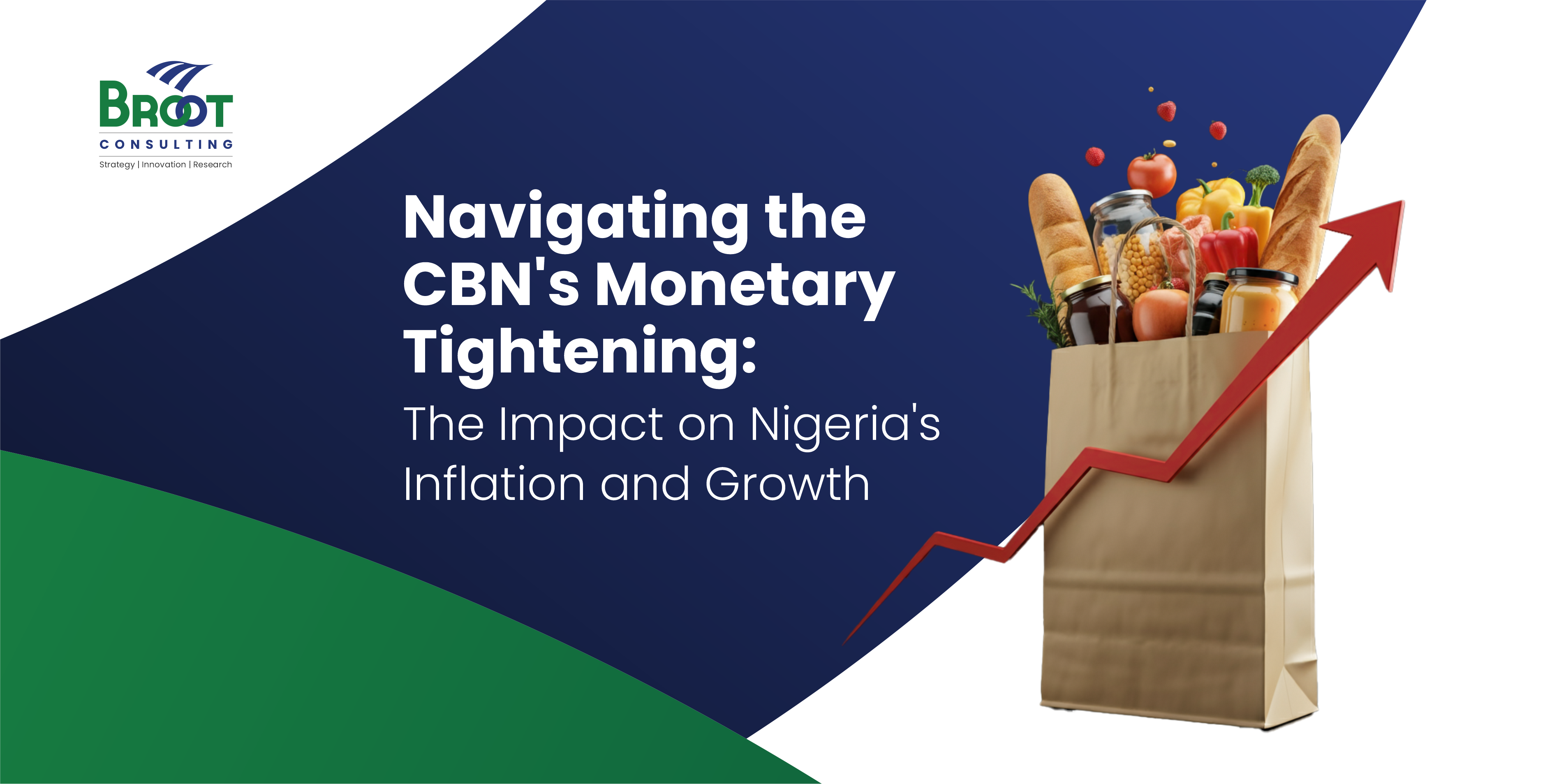“We will succeed – and that success will belong to every one of us.”We should take comfort that while we may have more still to endure, better days will return: we will be with our friends again; we will be with our families again; we will meet again.”- Queen Elizabeth of England.
The Real of Leadership
Just like any crisis laden period, COVID 19 has taken leaders to the real leadership school. The school where experience is the teacher, where the mandatory courses include agitations, fears, blame-trading, name-calling, and where optional courses include empathy, patience, courage, calmness, confidence, and assurance. In this real school of leadership, there are three classes of the graduation certificate: gloom, doom or bloom.
It has been said by various opinion leaders that our world will never be the same again post COVID 19, so what will our world look like and who determines what it would look like if we take divine arrangement out of the equation?
It is safe to say that what your ‘world’ will look like will be determined by one factor: Leadership. It is the crucial factor that will separate winners from losers, that will elevate some institutions and pull-down others. The quality of leadership in your ‘world’: office, business, community, religious setting, family, school and corporate life will determine how you stand during and after the crisis. We can ask ourselves, what type of leaders do we need now? Are such leaders born for such a time like this, or are they made at such a time as this?
What traits must be demonstrated by such leaders? An experience, as I said, is the headteacher in this school of leadership, and just like the saying, nothing prepares you for the office of the Chief Executive Officer except the office itself. It is, therefore, safe to say that Great Leaders for post-COVID 19 are currently being forged in the fire of experience of the crisis.
Re-assessing your leadership
To meet the moment, the leaders we need now are those who can explore opportunities and minimise the threats. Those who bring out the best value of humanness amid the global turmoil of fear and anxiety. Those who can reaffirm and reinforce hope and craft possibilities after the rubbles of chaos. Could the current leadership in your world bring the best out of you and others by transforming the situation and inspiring hope? I believe that the leaders we need now regardless of the institution, business or geographical location must exhibit the following:
Be at the forefront of the crisis: the time of crisis is not the time to delegates and take the back seat. It is the time when the leader lives up to being the face of the organisation it leads by standing tall, inspiring the message of hope and articulating the strategy and measures to get out of the crisis. A leader who chose to be in the background in the time of pandemonium is a misfit in such a time like this.
Demonstrate empathy and strength: the current crisis calls for leaders who can rise above self-ego, rigidity, timidity, confusion and uncertainties. The leader that will excel in and out of crisis period must deeply understand the pains and frustrations of people by walking in their shoes. The time of crisis calls for strong-willed leaders who surrounds themselves with gritty, smart, fearless and committed lieutenants. As Martin Luther King Jnr put it “The ultimate measure of a man is not where he stands in moments of comfort, but where he stands at times of challenge and controversy.” The leader we need must be resolute in the quest to achieve greatness for the common good of all.

Be Faith-Filled: one of my favourite stories in the bible is the story of the twelve spies in the book of Numbers Chapter 13. Ten of the twelve spies came up with a factual report that the land indeed flowed with milk and honey, but the city was well fortified. They reported that the people were mighty and they can never conquer the land. However, as they continued with the tales of woes, Caleb one of the twelve silenced them and said, “We should go up and take possession of the land, for we can certainly do it” (NIV). Caleb had a different spirit; he refused to succumb to groupthink; he refused to see as others saw. A leader that will lead out of the crisis must see differently, see beyond the ordinary and live by faith.
Be Motivational and Inspiring: at the brink of the great depression, in his inaugural address in 1933, President Franklin Delano Roosevelt’s said “The only thing we have to fear is…fear itself.” The ideal leader in this time will not just be one who will paint the grim reality of the problem but who will lay strong emphasis on the solution. Just like Queen Elizabeth said, “We will succeed – and that success will belong to every one of us.”
Be Calm and confident: Winston Churchill, the British Prime Minister during the Second World War, achieved heroic status during WW11 and one of his famous statement “We shall not fail or falter; we shall not weaken or tire. Neither the sudden shock of battle nor the long-drawn trials of vigilance and exertion will wear us down. Give us the tools, and we will finish the job.” This statement exhumes confidence, a leader in a time of crisis must be a great communicator, someone who can make his point with unusual calmness and confidence.
Be Non-reactionary but apt with Planning: the leaders for a time like this possess the skill to think fast, think deep, act wise and less reactionary. He or she maintains the delicate balance between speed and non-thoughtful decision. Reactionary leaders will be a misfit in a time of crisis, they in haste to take a popular measure such as fire their employees, discontinued the services of their partners all in the name of saving cost. However, visionary leaders stay with their troop and encourage their employees and other stakeholders to weather the storms together. When this happens, the organisation bounced back faster and better because the employees will unbundle their creativity and commitment and get the institution out of the woods.
Embrace diversity and inclusion: a leader in the time of crisis must adopt non-discriminatory policies and preached a message of togetherness. I love how Queen Elizabeth put it “Together we are tackling this disease, and I want to reassure you that if we remain united and resolute, then we will overcome it” Such leader shuns nepotism racism or ethnicity.
Conclusion
How fast your organisation recovers from the crisis will be a function of the quality of leadership at the helm of the institution. The current situation calls for grit, and it is the responsibility of the leadership in crisis to demonstrate grit and select gritty individuals to get the job done. These individuals must be fearless, committed, passionate and be able to persevere. When that happens, our institutions will come out stronger and better. The world is facing one of its most trying times and just like the Corona Virus will be remembered for generations to come, the people who take their stands and effect great leadership in this time will also be spoken of for generations to come.

Olukunle A. Iyanda PhD, FCA, SNFLI.
Managing Partner DesignThinkers Group, Nigeria
Human-Centric Design Led Innovation Consultant.
Founder/CEO, BROOT Consulting Nigeria Limited.




